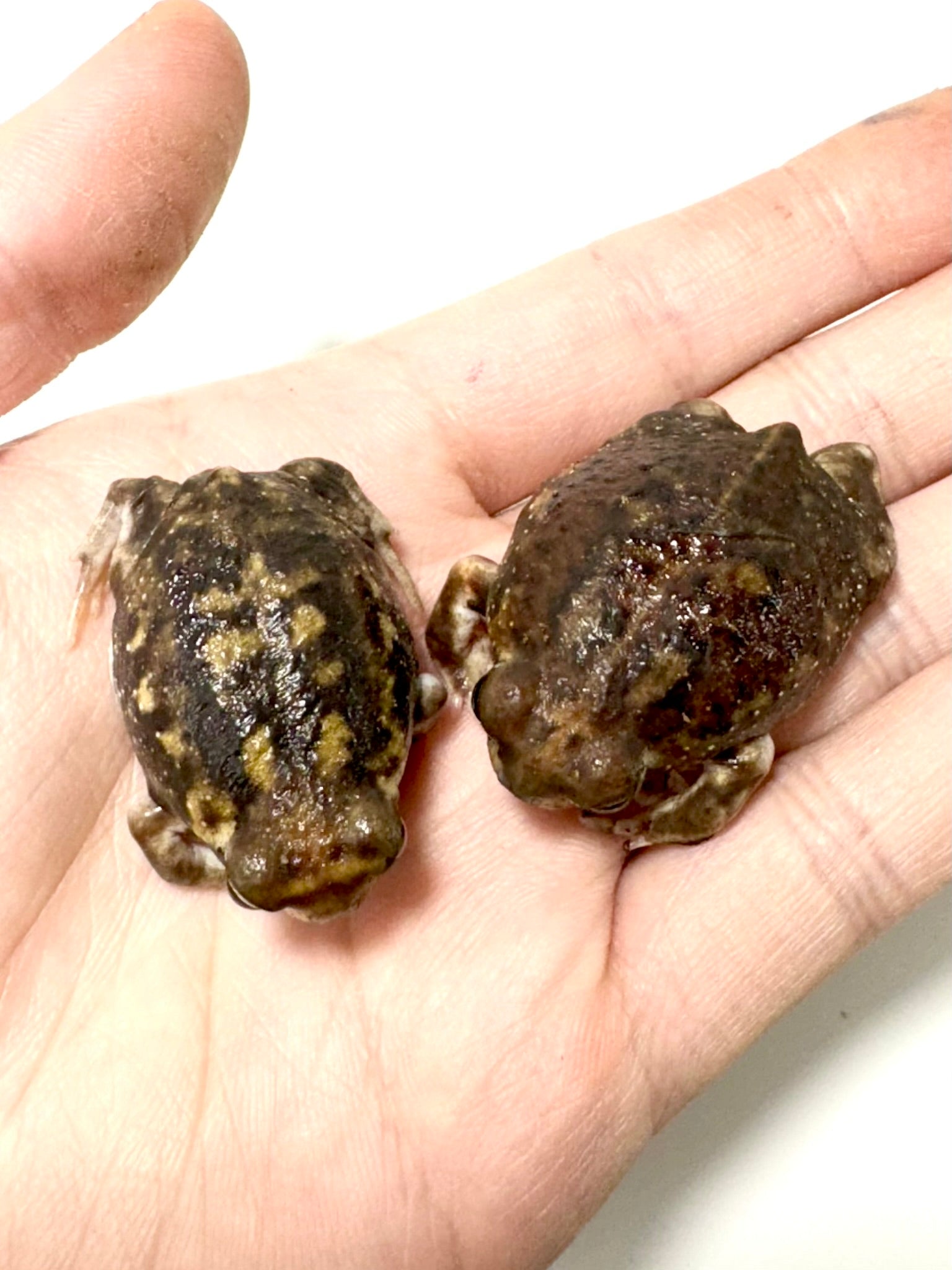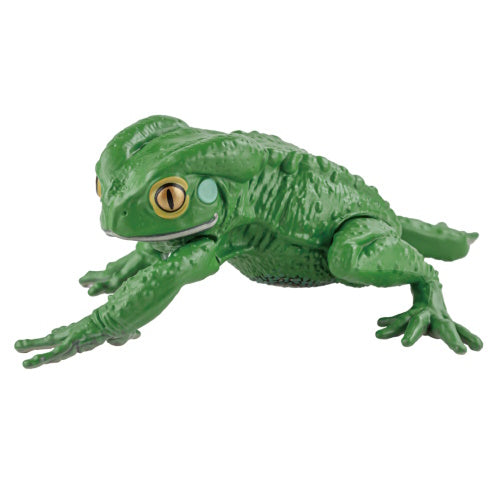Rain Frog for Sale: Check Out Uncommon Amphibian Family Pets at Unbeatable Rates!
Rain Frog for Sale: Check Out Uncommon Amphibian Family Pets at Unbeatable Rates!
Blog Article
Common Wellness Issues in Reptiles: Signs and Solutions
In the complex globe of reptile treatment, recognizing the usual health issues that might affect these distinct creatures is critical in guaranteeing their wellness. Whether it's grappling with parasitic infestations, browsing dehydration worries, or resolving skin ailments that materialize in subtle means, being attuned to the signs and symptoms and outfitted with the knowledge of reliable services is vital for any type of reptile proprietor.
Respiratory Infections
Breathing infections in reptiles can substantially influence their general health and wellness and require prompt focus from seasoned veterinarians. These infections are commonly created by infections, fungi, or bacteria and can show up through signs such as wheezing, nasal discharge, open-mouth breathing, and sleepiness. In reptiles, respiratory system infections can be especially challenging to identify and treat due to their unique composition and physiology. Vets often rely upon a mix of physical exams, diagnostic imaging, and research laboratory tests to properly recognize the underlying cause of the infection.
Therapy for respiratory system infections in reptiles normally includes a mix of encouraging care, such as maintaining proper humidity levels and temperature level slopes in the unit, along with targeted drug to deal with the specific virus accountable for the infection. It is essential for reptile proprietors to monitor their pets closely for any kind of indications of breathing distress and seek vet care at the earliest sign of a concern. With prompt intervention and appropriate therapy, lots of reptiles can recoup fully from respiratory system infections and resume typical activities.

Metabolic Bone Disease
What aspects contribute to the advancement of Metabolic Bone Disease in reptiles?
Metabolic Bone Illness (MBD) in reptiles is mainly triggered by a lack of proper calcium, phosphorus, and vitamin D3 degrees in their diet plan. In addition, poor direct exposure to UVB light protects against reptiles from manufacturing vitamin D3, which is critical for calcium absorption and bone health and wellness.
Other adding aspects to MBD include improper temperature slopes within the reptile's environment, resulting in lowered metabolism and impaired calcium absorption. Not enough moisture levels can additionally impact a reptile's capacity to metabolize calcium effectively. Moreover, certain reptile species have particular dietary demands that, if not satisfied, can boost the probability of creating MBD. Regular vet exams, proper husbandry practices, and a balanced diet regimen are important to prevent Metabolic Bone Illness in reptiles.
Parasitical Invasions
Parasitic infestations pose a significant health risk to reptiles, influencing their total health and calling for prompt veterinary attention. Reptiles can be impacted by numerous parasites, including mites, ticks, interior worms, and protozoa. These parasites can trigger a series of signs and symptoms, such as fat burning, lethargy, skin inflammation, looseness of the bowels, and even death if left neglected.
One typical bloodsucker click here now discovered in reptiles is the mite, which can create skin irritation, stress and anxiety, and anemia. Ticks are another outside bloodsucker that can send conditions and create discomfort to the reptile. Inner bloodsuckers like worms and protozoa can cause digestion concerns, poor nutrition, and weaken the reptile's body immune system.
To detect a parasitical problem, a veterinarian may execute fecal tests, skin scrapings, or blood tests. Treatment frequently includes deworming medicines, antiparasitic bathrooms, or in extreme cases, a hospital stay. Preventative steps such as routine veterinary check-ups, proper hygiene, and quarantine procedures for brand-new reptiles can aid reduce the threat of parasitical invasions and ensure the well-being of reptile animals.
Dehydration and Hydration Issues
Dehydration in reptiles can substantially influence their health and wellness and health, demanding prompt treatment and proper hydration management. If left unattended, dehydration can lead to major health concerns and also be deadly to the reptile.
To avoid dehydration, reptile owners need to make sure that their pet dogs have accessibility to clean water in all times. The water dish must be big sufficient for the reptile to take in if needed, especially for varieties that take in water with their skin. In addition, keeping correct moisture levels in the reptile's unit and giving normal bathrooms can assist protect against dehydration.
In situations of dehydration, it is important to look for vet treatment quickly. A vet might provide fluids either by mouth or with shots to rehydrate the reptile. It is important to deal with the underlying source of dehydration to avoid reoccurrence and guarantee the reptile's general health.
Skin Conditions

Final Thought

Respiratory infections in reptiles can considerably impact their overall health and wellness and need timely focus from experienced veterinarians (rain frog for sale). Preventative measures such as routine veterinary exams, correct hygiene, and quarantine treatments for new reptiles can aid reduce the danger of parasitical problems and make sure the health of reptile pet dogs
If left without treatment, dehydration can lead to severe health problems and also be deadly to the reptile.
On a regular basis inspecting your reptile for any kind of changes in skin appearance, shade, or appearance can aid in early detection and treatment of skin ailments, promoting the total health and health of your scaly buddy. - rain frog for sale
In final thought, reptiles are prone to numerous health problems such as breathing infections, metabolic bone condition, parasitic problems, dehydration, and skin ailments.
Report this page